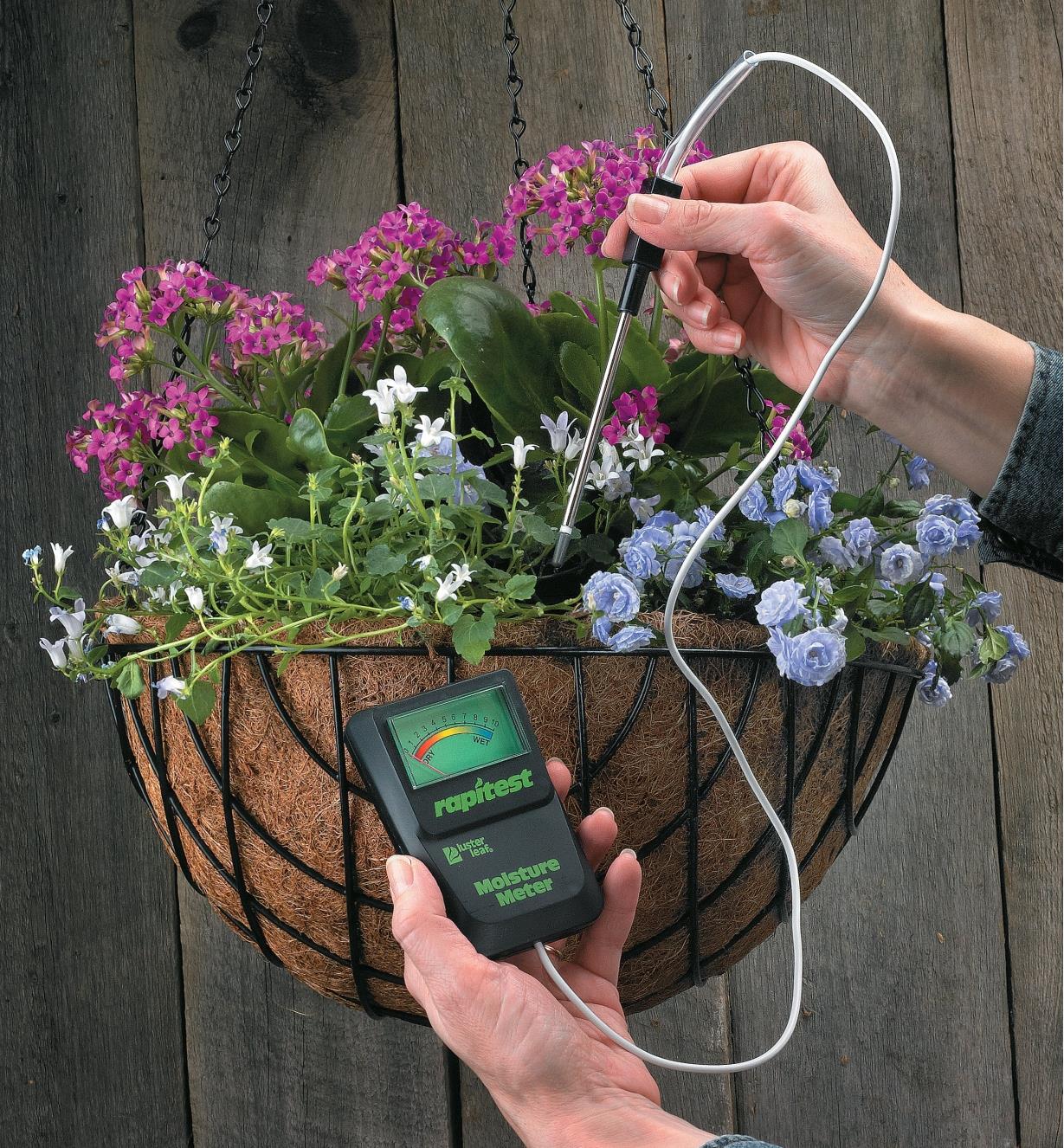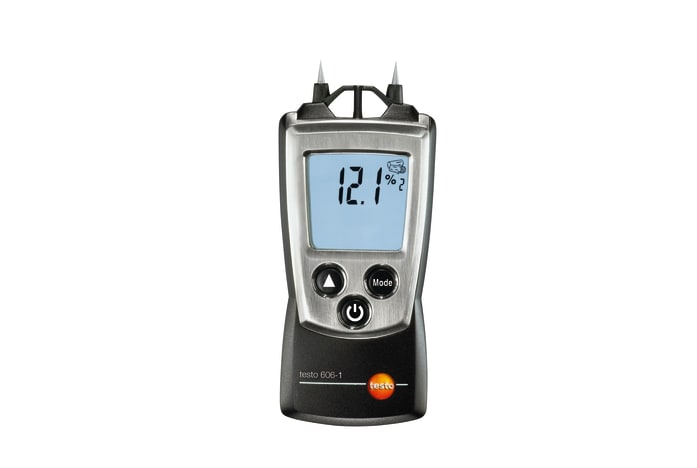Moisture Meter Acquiring Overview: What to Seek in High-Quality Instruments
Moisture Meter Acquiring Overview: What to Seek in High-Quality Instruments
Blog Article
The Ultimate Overview to Moisture Meters: A Comprehensive Overview and How They Can Save You Cash
Wetness meters offer as important devices in discovering and monitoring moisture material in products, aiding in stopping costly damages and ensuring the high quality of products. Understanding the subtleties of various kinds of moisture meters, their applications, and the prospective cost-saving advantages they supply can be a game-changer for specialists and businesses alike.
Sorts Of Wetness Meters
One common kind is the pin-type dampness meter, which determines the electrical resistance in between two pins put right into a product. Pinless wetness meters, on the other hand, use electromagnetic sensor plates to scan a bigger location without triggering damage to the product's surface area.

In addition, there are additionally specialty moisture meters developed for particular materials like soil, grain, or hay. These meters provide precise wetness readings customized to the special properties of the product being examined. Infrared moisture meters gauge the thermal residential properties of a product to establish its wetness content non-invasively, making them beneficial for applications where pin or pinless meters may not be ideal. Comprehending the various types of dampness meters available can assist industries select one of the most ideal tool for their details wetness dimension needs.

Advantages of Utilizing Moisture Meters
Dampness meters supply invaluable benefits in precisely monitoring and evaluating wetness levels in varied products and atmospheres. One of the primary advantages of making use of moisture meters is the prevention of possible damages triggered by excess moisture.
Furthermore, using moisture meters can result in raised energy effectiveness. By identifying locations with high wetness levels, such as leakages or inadequate insulation, changes can be made to enhance energy preservation and decrease energy expenses. In agricultural settings, moisture meters play an essential duty in maximizing crop returns by allowing farmers to check soil moisture levels and make educated irrigation choices. Overall, the benefits of utilizing moisture meters cover across different industries, supplying cost-effective remedies and advertising much better quality assurance methods.
How to Pick the Right Dampness Meter
When selecting a moisture meter, it's important to ensure that the meter is suitable for the certain material you will be screening. Various materials have differing electrical homes that can impact moisture analyses, so choosing a meter developed for your material is crucial for exact results. By meticulously reviewing these factors, you can pick a dampness meter that satisfies your demands and provides accurate dampness measurements for your jobs.
Correct Techniques for Dampness Meter Usage

Price Financial Savings Via Dampness Meter Applications
How can the critical use of moisture meters lead to substantial expense financial savings across various sectors? In the agriculture sector, moisture meters help in identifying the optimum time for gathering crops, protecting against over-drying or excess dampness that can impact the last product's high quality.
Similarly, in building, dampness meters assist protect against expensive problems by discovering dampness levels in building products, such as wood or concrete, which can cause architectural issues otherwise resolved quickly. By recognizing problem locations beforehand, professionals can take rehabilitative measures to prevent considerable repairs or replacements, inevitably conserving money and time.
Additionally, in the food handling sector, moisture meters are vital for checking item quality and making sure conformity with safety and security policies. By precisely gauging dampness content in food products, producers can stop perishing, keep quality, and reduce waste, resulting in significant cost savings. In general, the calculated application of wetness meters is a useful financial investment that can bring about significant price reductions and improved efficiency across various industries.
Conclusion
In final thought, moisture meters are beneficial tools for determining and detecting dampness levels in numerous materials. By making use of the best dampness meter and complying with correct methods, customers can efficiently protect against expensive problems created by excess moisture.
Dampness meters serve as crucial tools in identifying and keeping an eye on moisture content in materials, assisting in preventing expensive problems and guaranteeing the top quality of products. Infrared wetness meters gauge the thermal homes of a product to determine its wetness web content non-invasively, making them useful for applications where pin or pinless meters may not be ideal.Dampness meters offer indispensable benefits in accurately evaluating and checking wetness degrees in varied products and settings. In agricultural settings, moisture meters play an important duty in maximizing plant returns by go to my blog enabling farmers to keep my company track of soil wetness levels and make informed irrigation choices.In verdict, moisture meters are valuable tools for finding and gauging dampness degrees in various products.
Report this page